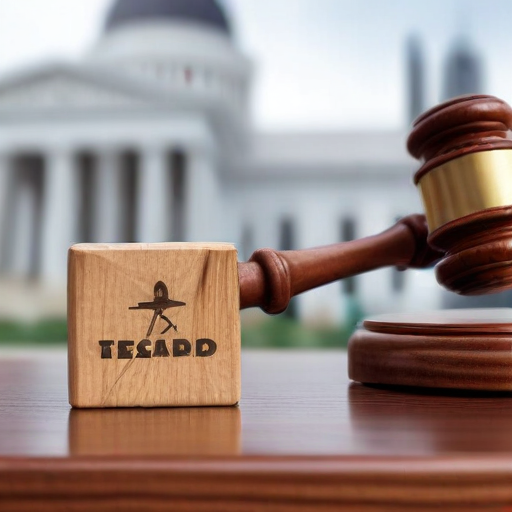A recently passed bill in the U.S. House of Representatives, HR 9495, allows the Treasury Secretary to unilaterally revoke a nonprofit’s tax-exempt status if the organization is deemed to support terrorism. The bill was approved with a vote of 219-184, primarily along party lines, gaining majority Republican support while almost all Democrats opposed it; however, 15 Democrats broke away from their party to vote in favor.
Officially titled the Stop Terror-Financing and Tax Penalties on American Hostages Act, the legislation has sparked significant concern within the nonprofit sector and among various civil society groups. Organizations including civil rights advocates, advocacy groups, and nonprofit media have mobilized against the bill due to fears of potential abuse of power, especially given the political climate following the recent election of Donald Trump.
Opponents of the bill have expressed worries that the powers granted to the Treasury Secretary could allow for politically motivated actions against disfavored nonprofits. In a letter signed by the ACLU and over 150 organizations, there are strong concerns that this legislation might give the executive branch excessive authority to investigate and hinder nonprofit organizations, thus threatening constitutional due process rights. The bill requires accused organizations to prove their innocence within 90 days, without necessitating the disclosure of evidence from the government.
During debates in the House, critics like Rep. Lloyd Doggett labeled the bill a “death penalty for nonprofits,” arguing it could be weaponized by Trump against those who oppose his agenda. Other Democratic representatives also condemned the bill as an authoritarian attempt to expand executive power and suppress dissent.
While Republican representatives, including House Ways and Means Chair Jason Smith, asserted that concerns about abuse had been addressed within the bill, significant opposition remains. With the bill moving to the Senate, its future is as yet unclear, but Democratic senators are positioned to potentially block it.
Despite the contentious atmosphere, there is a ray of hope as civil society continues to demonstrate resilience and mobilize against potential oppression. The ongoing advocacy for transparency and accountability in governance highlights the relentless pursuit of the ideals of democracy and due process.
As the Senate deliberates, the emphasis on nonpartisan support for constitutional rights may inspire more collaborative approaches to ensure the rights of nonprofits are safeguarded while addressing legitimate concerns regarding terrorism and funding. This could lead to more balanced legislation that promotes security without infringing on civil liberties.
